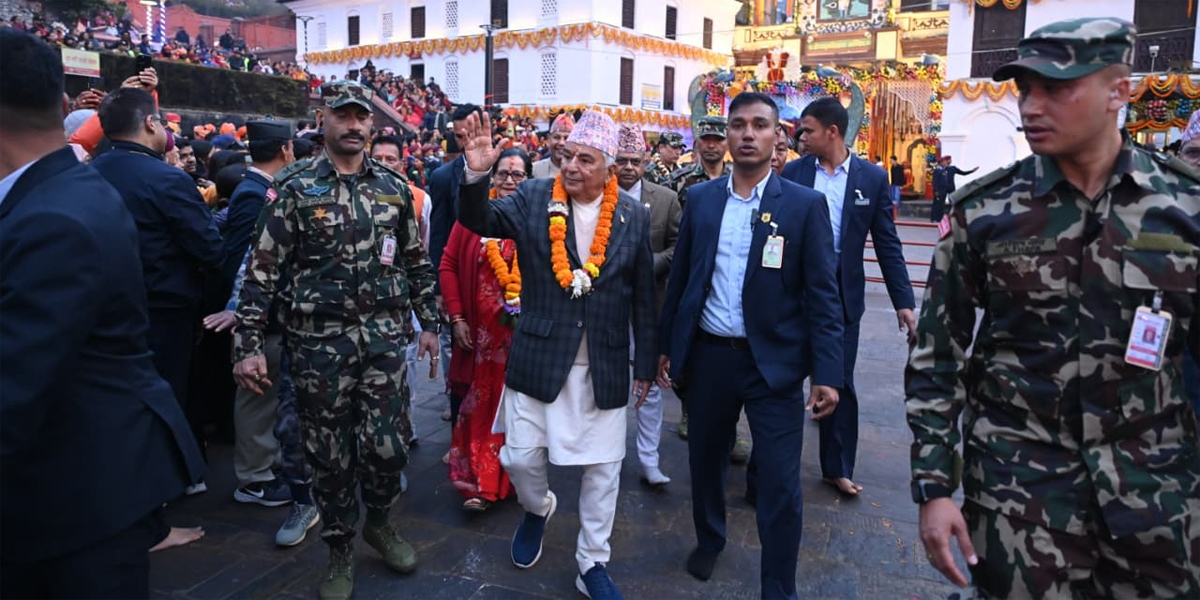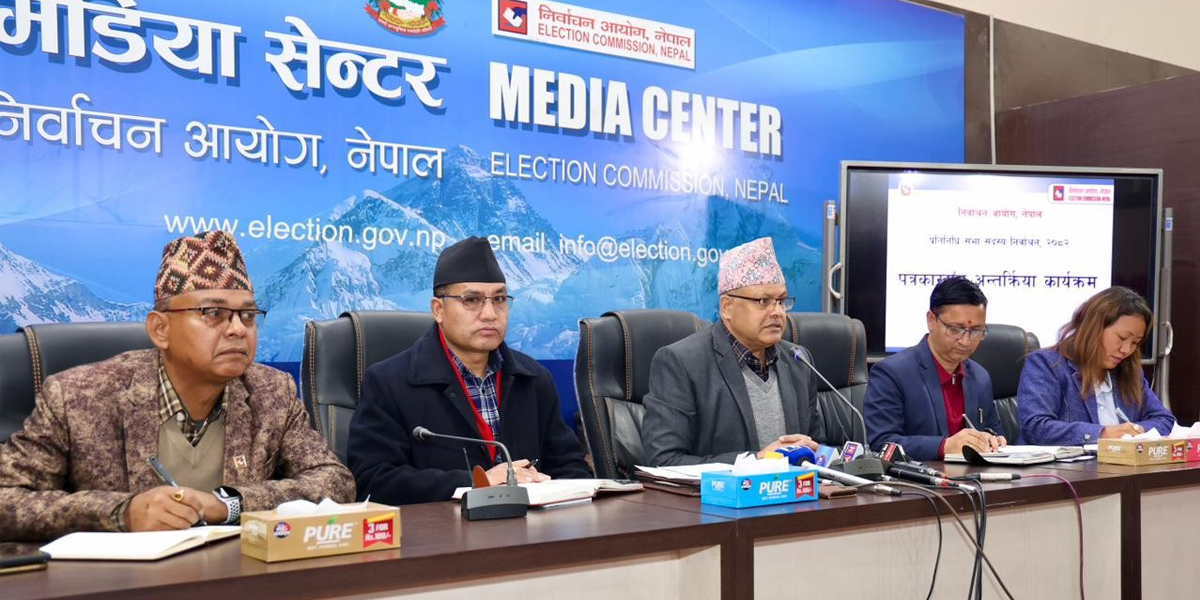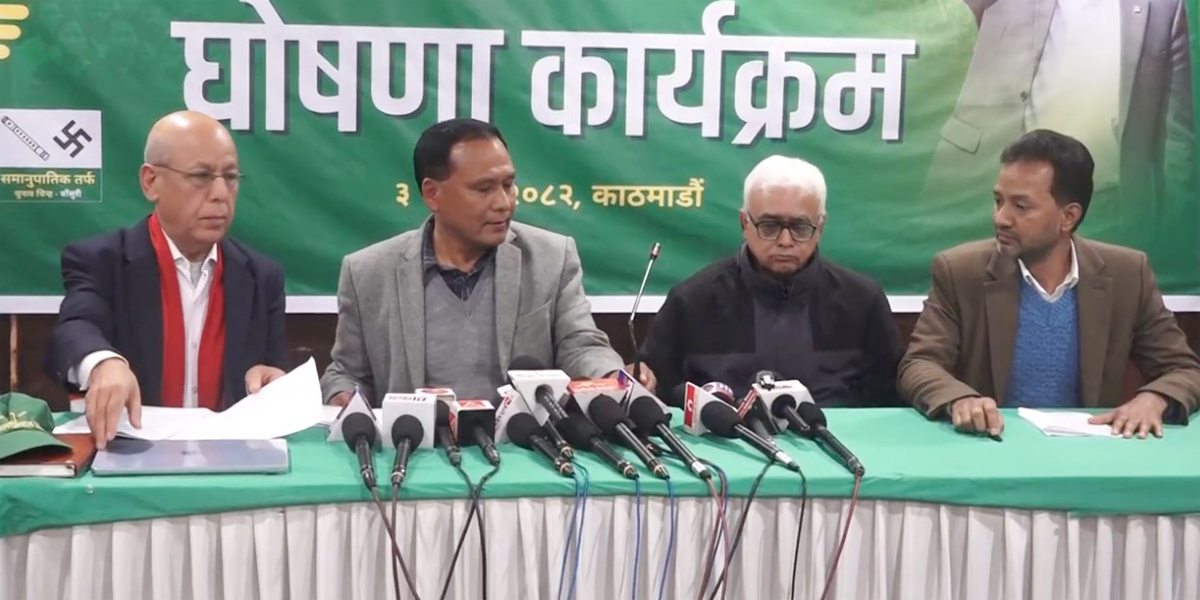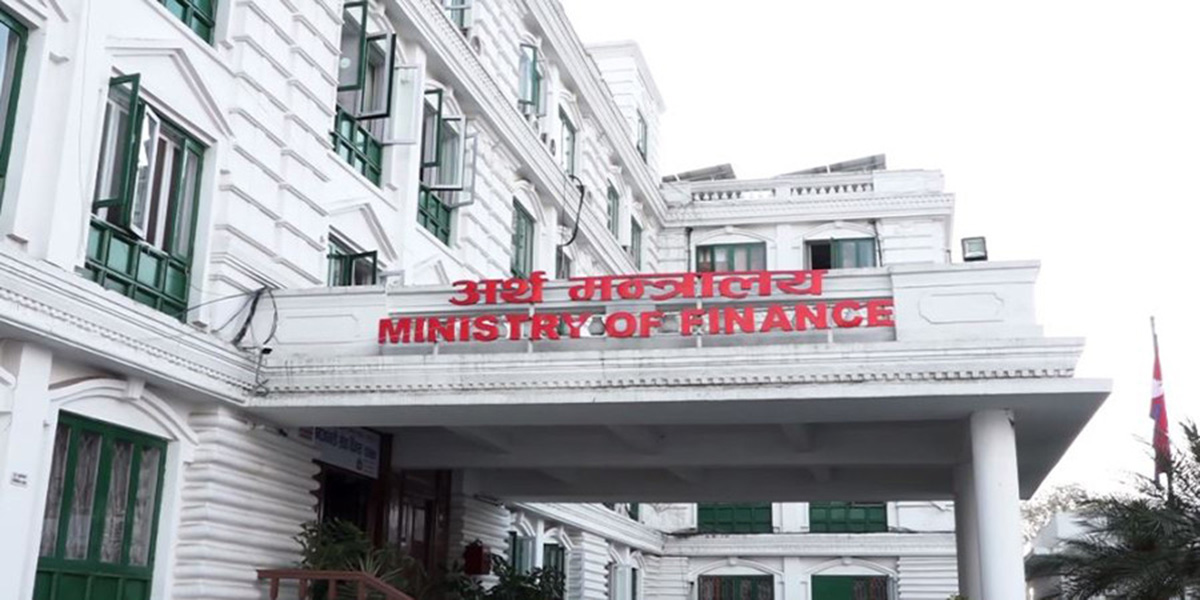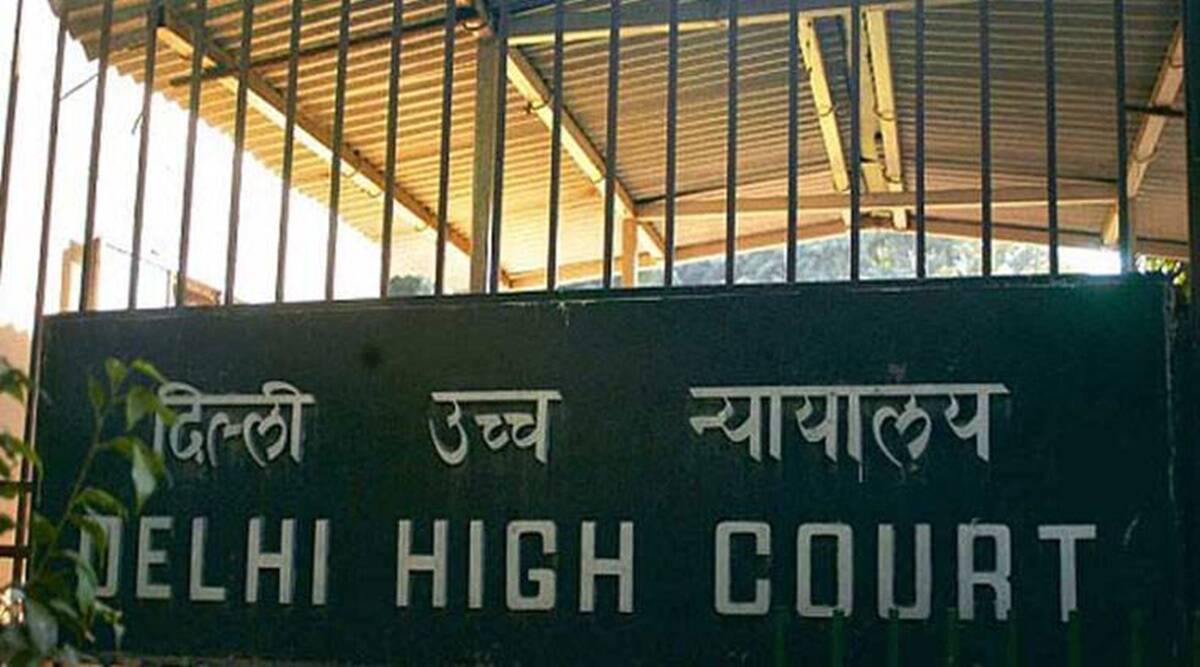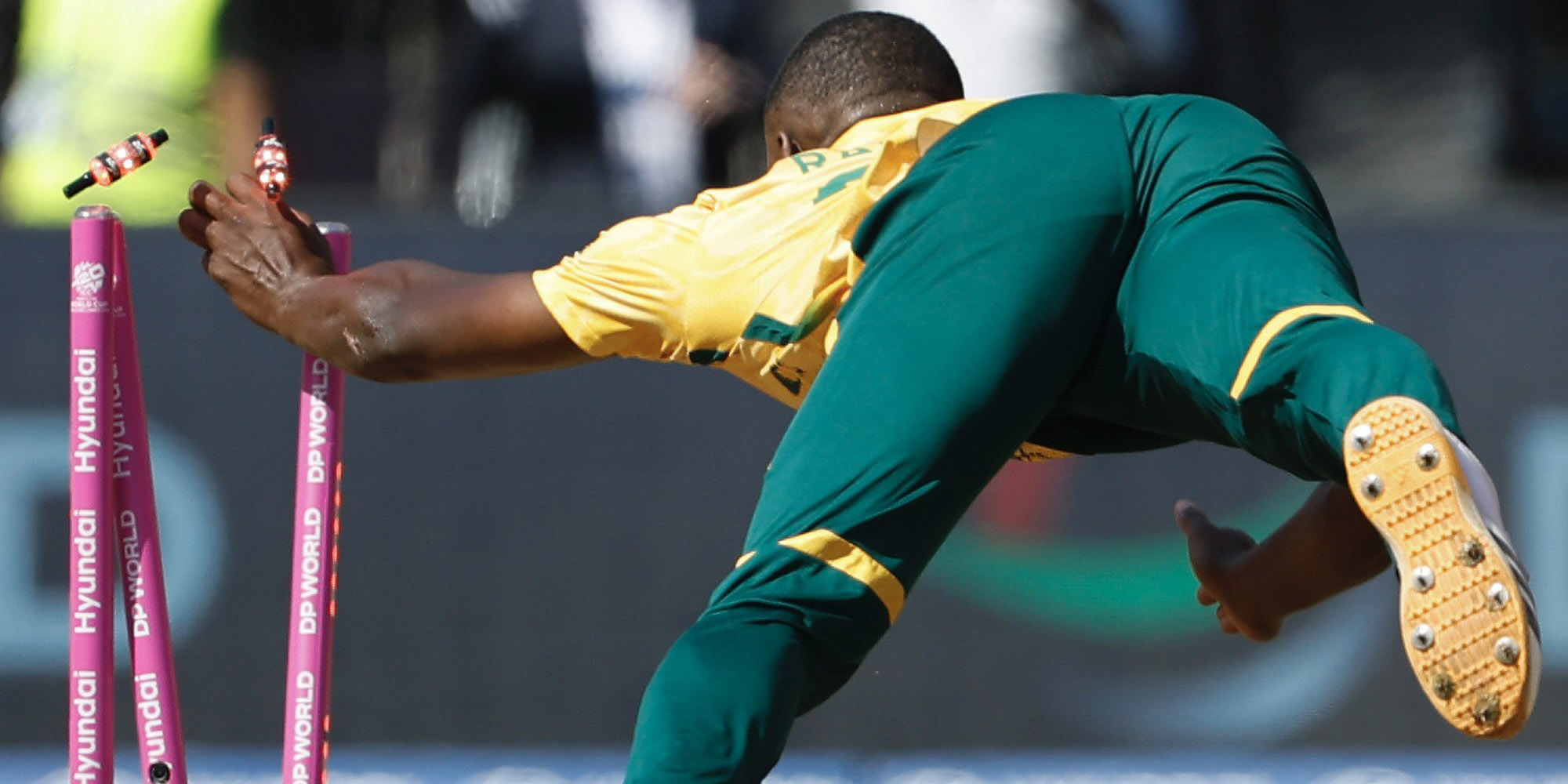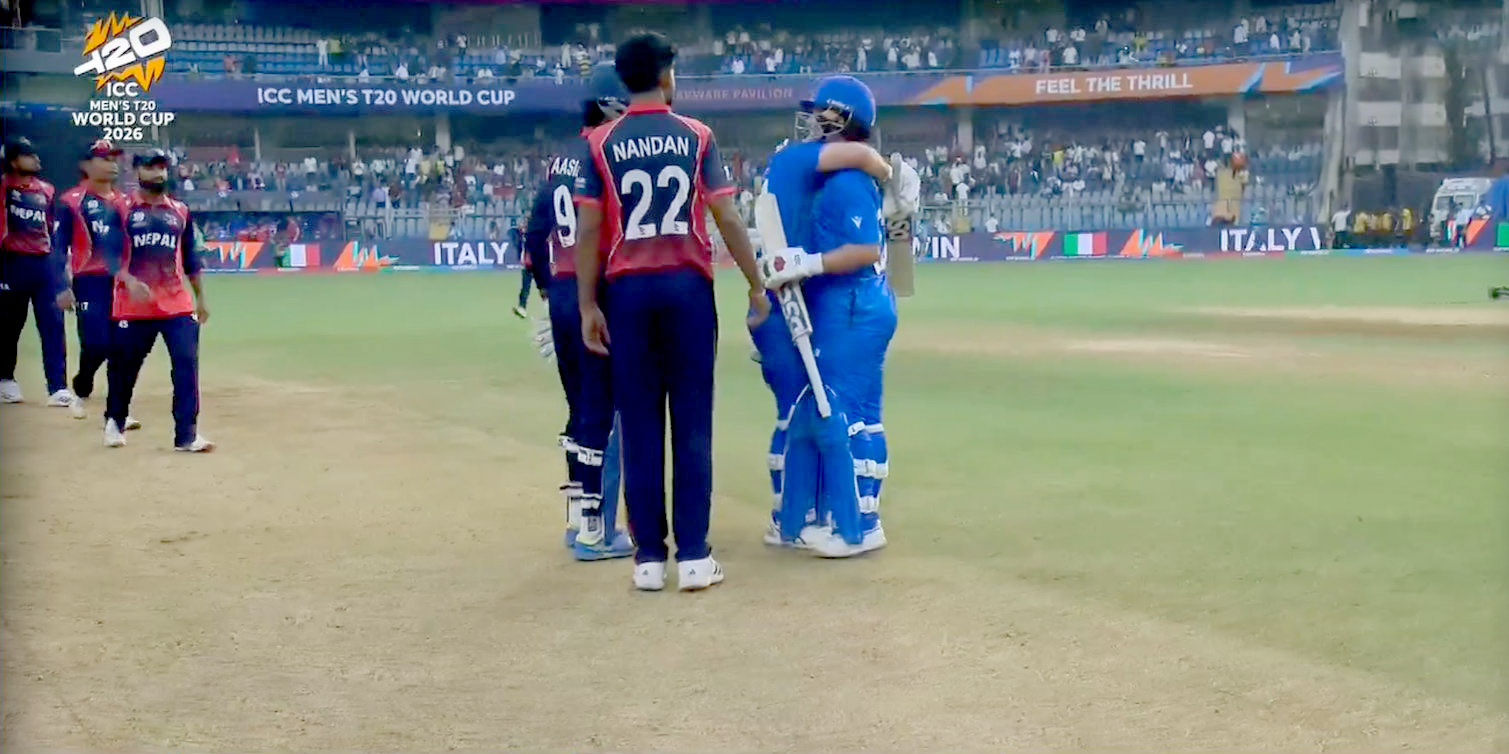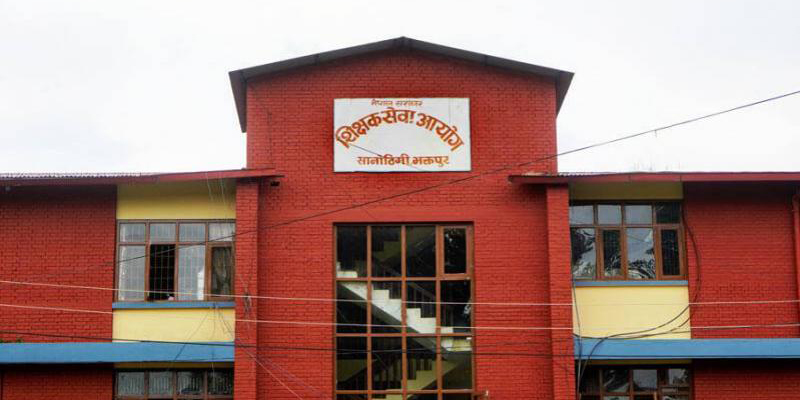
KATHMANDU: The Teachers Service Commission (TSC) has initiated preparations to change the format of the teaching license process. The TSC took the decision because of the high rate of failure in its licensing examination.
An official of the TSC said that they have begun consulting with experts to revisit the curriculum and modify the structure of the question paper.
In recent years, the number of applicants passing the licensing examination as well as the examination to fill the vacant teaching positions has remained disappointingly low. This has raised concerns about the quality of university education in Nepal.
Sudarshan Marathha, the information officer of TSC, said that they have felt the need to revise the format of the licensing examination. “We have inquired with the Research and Policy Institute of the Tribhuvan University regarding the consistent failure of applicants in the licensing examination. We have not received a response from them yet,” he added.
The TSC is internally discussing whether to revise the objective questions or adopt an entirely new model.
The TSC has been using an objective examination system for the teaching license examination. For the secondary level examination, TSC presents 50 questions, each carrying 2 marks. A similar arrangement exists for the lower secondary level examination. In the primary-level examination, both objective and subjective questions are included.
Realizing the shortage of subject teachers, the government has stated in the fiscal year 2023/24 budget that students from all subjects can participate in the teacher’s license examination. To implement this, the government must pass the Federal Education Act and make amendments to the Teachers Service Commission Regulations. However, it is unlikely that the act will be endorsed in the ongoing parliamentary session.
Realizing the shortage of subject teachers, the government has stated in the fiscal year 2023/24 budget that students from all subjects can participate in the teacher’s license examination.
Experts believe that the weak results in the teaching license examination and the examination to fill vacant teaching positions are due to the inability to attract the best students to the teaching profession. Prof Dr Bal Chandra Luitel, Dean of the Kathmandu University School of Education, stated that opening the teaching profession to candidates who have studied other subjects will not immediately improve the results. “TSC uses objective questions for easier management of the entire process, but it cannot accurately measure and assess the capabilities of the applicants,” said Luitel. “The tendency of only weaker students studying Education in university needs to end.”
According to the Ministry of Education, Science and Technology, over 3,000 educational institutions offer education programs, and over 100,000 students select education as their subject in Grade 11. Education is a priority subject for students only after Science, Management and Humanities.
“The results of the primary and lower secondary level teaching license examinations are worrying due to the existing provision that allows students with low grades to study Education in Grade 11. Students choose the education faculty when they are unable to study any other subject,” Luitel added.
Luitel further emphasized that the purpose of including the Education faculty in university education is to prepare capable teachers. However, the failure of a student, who has obtained a university degree with good marks, in the service entry examination raises questions about the academic quality of the university, he added. “The quality of our university education should be improved, and its standards should be changed. It is the university’s responsibility to empower weaker students,” said Luitel.
In 2020, only 8% of examinees passed the teaching license examination conducted by the TSC. Out of 66,562 examinees, only 3,883 passed the examination. Similarly, out of 55,641 examinees in the secondary level teaching license examination held last year, 23,016 passed.
According to the University Grants Commission, 90% of students in the Education faculty are enrolled at Tribhuvan University. However, it has the lowest pass rate among all faculties, with only around 20 percent of Education students passing the graduation level. Over 600 constituent and institutional colleges under Tribhuvan University offer Education programs at different levels.
In 2020, only 8% of examinees passed the teaching license examination conducted by the TSC. Out of 66,562 examinees, only 3,883 passed the examination. Similarly, out of 55,641 examinees in the secondary level teaching license examination held last year, 23,016 passed.
The pass rate for the lower secondary teaching license examination held in July last year was 18.26%. Out of 181,569 students, only 33,158 passed the examination.
Concerned about the high failure rate, the TSC revised its curriculum and examination system two years ago. However, the results have not shown improvement.
Last year, when the TSC opened vacancies for 1,552 posts for teachers at the secondary level, only 1,082 candidates could be recommended for appointment. Similarly, out of 2,606 vacant posts for the lower secondary level, 2,501 could be recommended. At the primary level, the TSC could only recommend 10,563 applicants for 13,287 vacant posts.

 Himal Press
Himal Press 

